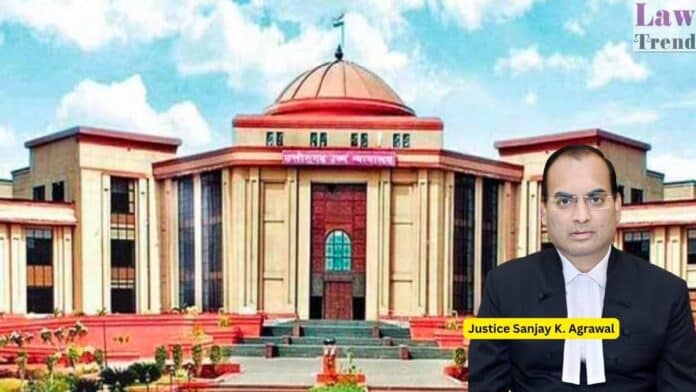The Chhattisgarh High Court has set aside the conviction and 10-year sentence of a man convicted under the POCSO Act and relevant IPC provisions, ruling that the victim’s statement was not of “sterling quality” and that it would be unsafe to sustain the conviction solely on her testimony. Justice Sanjay K. Agrawal, presiding over Criminal
To Read More Please Subscribe to VIP Membership for Unlimited Access to All the Articles, Download Available Copies of Judgments/Order, Acess to Central/State Bare Acts, Advertisement Free Content, Access to More than 4000 Legal Drafts( Readymade Editable Formats of Suits, Petitions, Writs, Legal Notices, Divorce Petitions, 138 Notices, Bail Applications etc.) in Hindi and English.




